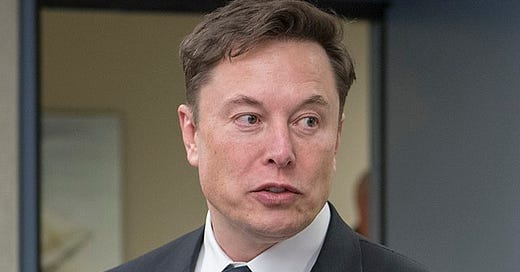Tax Day Spotlights The Outrage of Untaxed Billionaire Income
Tax Day will soon have come and gone. But the need to make our tax code more fair—including by better taxing billionaires—will still be here until we do something about it.
By William Rice
With the tax-filing deadline right around the corner, the issue of tax fairness has likely crossed most Americans’ minds. “I pay my fair share—are rich people doing the same?” the typical taxpayer has a right to wonder. New research from Americans for Tax Fairness shows that at least among the billionaire class, the answer is no.
Our newest report reveals that collective billionaire wealth in the U.S. has doubled—from $2.9 trillion to $5.8 trillion—in the little over six years since a 2017 Trump-GOP law slanted the tax code even further in favor of rich households and big corporations.
And guess what, taxpayers? None of that $2.9 trillion in wealth gain may ever be taxed.
The problem is our tax code simply isn’t set up to adequately tax billionaires and other ultra-wealthy folks. The main source of income for those in the wealth stratosphere is the growth in the value of their investments.
But under current tax rules, those increases—what are known as “capital gains”—are not taxed unless the underlying assets are sold. Thing is, the ultra-wealthy don’t need to sell to benefit: they can obtain low-interest loans secured against their ballooning fortunes and live life large, and largely tax-free.
President Biden and the head tax writer of the U.S. Senate, Ron Wyden (D-OR), want to end this rip-off by taxing the wealth-gain income of the very richest Americans the same way the wages of working Americans are taxed now. Both men’s plans would annually tax the capital gains of the ultra-wealthy, whether those gains are “realized” through a sale or not. And even though this reform would only apply to a tiny fraction of the wealthiest one percent, both plans would raise more than $500 billion over 10 years.
That’s $500 billion in new public revenue we could use to lower costs and create opportunities for all of the rest of us who aren’t staggeringly rich.
You’d think a sensible idea like this would attract politicians of all ideological stripes, especially when polling shows voters all across the political spectrum favor higher taxes on the rich and corporations.
But for Republicans, wealthy donors apparently count for more than ordinary voters. So instead of supporting effective taxation of billionaires, they want to permanently extend expiring provisions of the same Trump tax law that contributed to the explosion of untaxed billionaire wealth gains.
Tax Day will soon have come and gone. But the need to make our tax code more fair—including by better taxing billionaires—will still be here until we do something about it.



